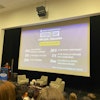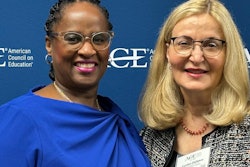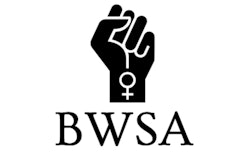
The $14,292 gender pay gap affects women who earned their bachelor's degrees within the past one to seven years and work full-time, NACE's Early Career Talent Survey revealed. The study surveyed 1,441 professionals who graduated between 2017 and 2023, including 519 men and 922 women.
"Men and women are in different types of work and industries that offer different labor market rewards," said Shawn VanDerziel, NACE president and CEO. The research points to occupational segregation as a key factor driving the disparity.
Nearly three-quarters of men in the survey work for private-sector companies or corporations, while just over half of women do. Instead, 30% of women work for nonprofits, where compensation typically runs lower than private industry. Only 15% of men work in the nonprofit sector.
The pay gap compounds financial challenges for women, who were more likely than men to use student loans for college expenses and expressed less confidence about their ability to repay that debt.
"Because women tend to be in lower-paying industries and the pay gap remains steady over the early years of their career, women have less income to dedicate to paying down debt, including the student loans they take out to pay for college," VanDerziel explained.
Despite the financial disparities, career satisfaction levels remain similar between genders among early career professionals. Both men and women also share comparable views about their career progression speed, though they cite different factors affecting advancement.
Women were significantly more likely than men to identify lacking an advanced degree as contributing to slower career progression, the survey found.
"The research is a clarion call that we can and must do more to call attention to the plight of women in the workforce," said Joan Wilkens, an independent researcher who studies the career trajectories of early career women professionals. "Despite the many advances that we have made, more needs to be done when it comes to closing the gender pay gap and striving for parity."
NACE collected data from August through December 2024, distributing the survey through member institutions at 2,761 colleges and employer organizations. The association has tracked college-to-career transitions and early career employment trends since 1956, serving more than 13,000 college career services professionals and 3,800 talent acquisition professionals nationwide.


















